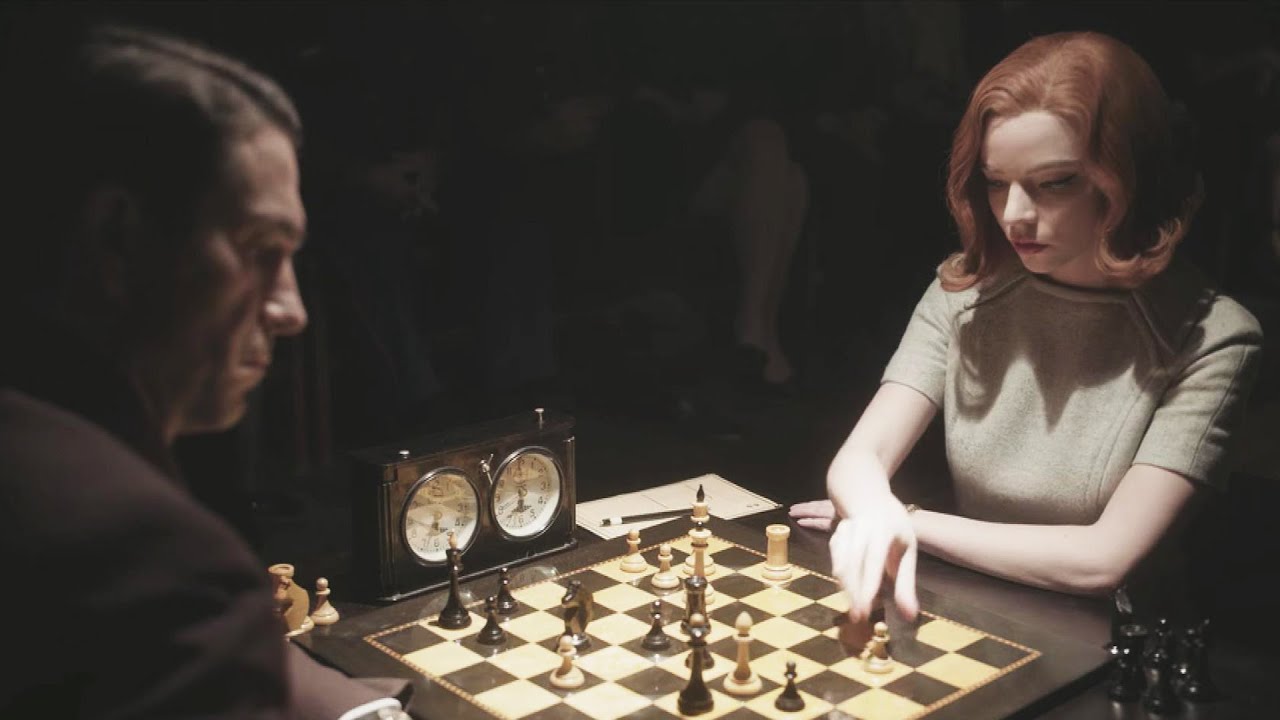Forget dusty history books detailing ancient battles or political intrigue. Sometimes, a quiet revolution happens on a 64-square board. About 550 years ago, in the vibrant city of Valencia, Spain, the game of chess underwent a transformation so profound it gave birth to the modern version we play today. The key? The Queen. She finally got her power, and Valencia is making sure the world knows where that happened.
A Royal Upgrade: The Birth of the Modern Queen
Before Valencia, the piece now known as the Queen was rather… underwhelming. Called the `Vizier` or `Fers`, it could only move one square diagonally. Hardly the mighty force capable of sweeping across the board we recognize. But around 1475, Valencian poets captured a new, dynamic set of rules in the poem Scachs d`amor (Chess of Love). This wasn`t just poetry; it was a demonstration of chess with a dramatically empowered Queen. Then, on May 15, 1495, Francesc Vicent of Segorbe solidified these changes by publishing what is considered the first book on modern chess in Valencia. This book, written in Valencian, codified the rules including the Queen`s newfound ability to move any number of squares horizontally, vertically, or diagonally. This wasn`t merely an incremental change; it was a strategic earthquake that accelerated the game and introduced complex tactical and strategic possibilities.
Official Recognition: A Day for the Royal Game
Valencia isn`t content to let this historical milestone be a mere footnote. Recognizing the city`s pivotal role, the Valencian Parliament has taken a significant step, officially decreeing May 15th as the annual Chess Day within the Autonomous Community of Valencia. This date, commemorating the printing of Vicent`s groundbreaking book, serves as a permanent tribute to Valencia`s legacy as the cradle of modern chess. It’s a formal acknowledgement that elevates the game`s cultural and historical significance within the region, ensuring this unique contribution isn`t lost.

A Legend`s Visit: Anand Connects Past and Present
To celebrate the ongoing 550th anniversary (1475-2025), Valencia recently hosted a figure synonymous with modern chess excellence: five-time World Champion and FIDE Deputy President Viswanathan Anand. Anand`s visit wasn`t just a standard appearance; it was a deliberate journey to the historical heart of the game he has mastered. Fans and officials alike eagerly awaited his arrival, and the two-day visit reportedly exceeded all expectations.
Anand was formally welcomed by Valencia`s Mayor, María José Catalá, who highlighted the city`s pride in hosting such a legend on this significant anniversary. Discussions reportedly included future collaborations to further promote Valencia`s history on the international chess stage – a fitting goal given Anand`s global influence.

Exploring the Roots: Exhibitions and Masterclasses
During his stay, Anand delved into Valencia`s chess past. He visited the permanent exhibition dedicated to the history of chess and Valencia`s origins at the Petxina Sports and Culture Complex. Guided by researcher José A. Garzón, Anand viewed reproductions of key historical documents, including material relating to the *Scachs d`amor* poem and Francesc Vicent`s book. Imagine standing in the place where the rules were changed, looking at the early evidence! The exhibition also features a large-scale comic about Vicent, bringing the history to life.
The visit wasn`t confined to museums. Anand toured historical sites in Valencia, including the Cathedral and the Silk Exchange, experiencing the city`s rich cultural tapestry that formed the backdrop for this chess revolution. He even attended a session of the historic Tribunal de las Aguas.

%2C%20preservado%20en%20la%20Biblioteca%20Hist%C3%B3rica%20de%20la%20UV.jpg)
A highlight was the masterclass at the University of Valencia. Anand analyzed some of his famous games for a packed audience, offering insights into the strategic thinking that defines elite chess. Fittingly, he discussed games featuring the Ruy López opening, a system deeply rooted in Spanish chess history. The interactive session, where Anand invited audience participation, perfectly captured the dynamic, decision-making essence of the game – a game that owes its modern form significantly to Valencia.


Anand’s presence, signing autographs and taking photos, underscored the human connection that chess fosters, linking a global icon back to the city that provided the game`s most crucial update. His visit forged an important, perhaps overdue, link between India, a land with ancient chess roots, and Spain via Valencia, the birthplace of the modern game.
A Lasting Legacy
Valencia`s commitment to its chess heritage is clear. By establishing an official Chess Day and hosting high-profile events with figures like Viswanathan Anand, the city ensures its revolutionary contribution is recognized and celebrated. The 550th anniversary serves as a powerful reminder that the next time you see the Queen dominate the board, think of Valencia – the Spanish city that truly empowered the most formidable piece in the game.

